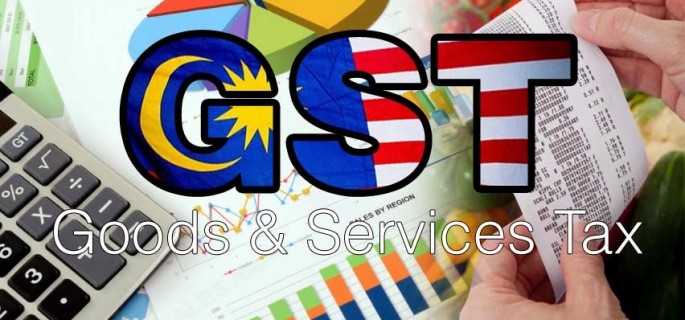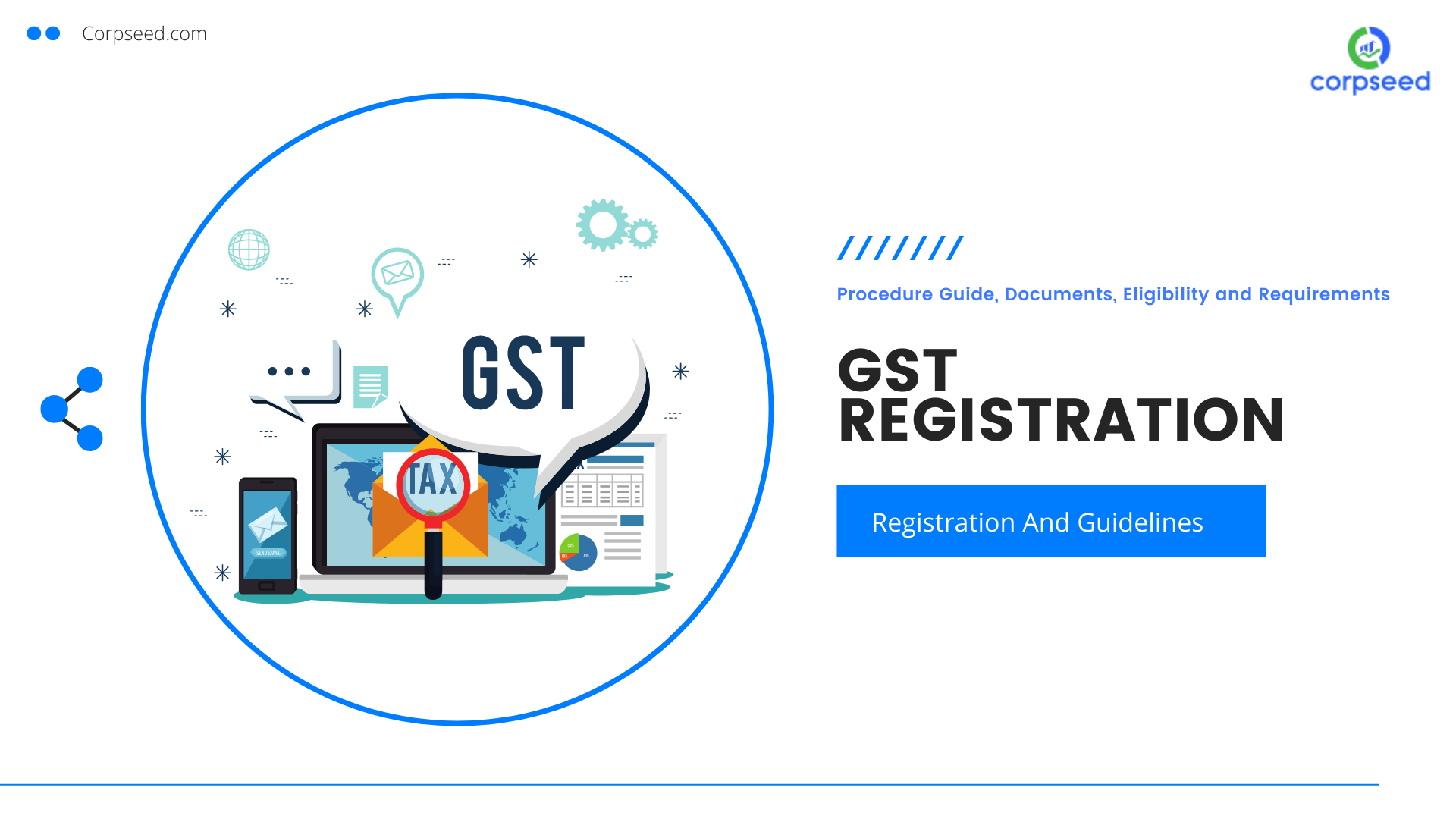How to Discover the very best GST Registration Services in Singapore Rapidly
How to Discover the very best GST Registration Services in Singapore Rapidly
Blog Article
From Beginning to Complete: The Ultimate Roadmap to GST Enrollment for Organizations Seeking Financial Stability
Navigating the complexities of Item and Solutions Tax Obligation (GST) registration is a crucial step for companies aiming for monetary stability. Breaking down the roadmap into workable actions can simplify the registration trip for companies looking to enhance their financial standing.
Understanding GST Fundamentals
Digging right into the essential concepts of Goods and Services Tax Obligation (GST) is essential for gaining an extensive understanding of its ramifications on businesses and the economy. Input Tax Obligation Credit (ITC) is a considerable attribute of GST, enabling organizations to assert credit score for taxes paid on inputs, decreasing the general tax obligation concern. Recognizing the essentials of GST is crucial for companies to conform with tax obligation laws, handle their funds successfully, and contribute to the country's financial development by participating in a transparent tax system.
Qualification Standards for Registration
As of the current laws, the threshold limitation for GST registration is a yearly accumulation turnover of 40 lakhs for organizations operating within a state, other than for special group states where the limitation is 20 lakhs. Additionally, particular companies are needed to register for GST irrespective of their turnover, such as interstate vendors, casual taxed persons, and services accountable to pay tax under the reverse cost mechanism. It is critical for organizations to completely analyze their turnover and deal kinds to determine their GST enrollment obligations precisely.
Files Required for Registration
Having fulfilled the qualification requirements for GST registration, organizations need to now guarantee they have the requisite records in area to proceed with the registration procedure efficiently. The documents needed for GST registration normally include proof of company constitution, such as partnership act, enrollment certificate, or incorporation certification for various types of businesses. Additionally, services need to provide papers establishing the primary place of service, such as a rental agreement or electricity bill.
Step-by-Step Registration Process
Starting the GST registration process entails a series of structured actions to ensure a seamless and certified registration for organizations. The very first step is to see the GST portal Continue and fill up out the registration form with accurate details of the organization entity. Following this, the applicant obtains a Momentary Referral Number (TRN) which is used to resume the application process if it's not completed in one go.
Following, all called for documents as per the checklist supplied by the GST portal demand to be posted. These documents commonly consist of evidence of business registration, identity explanation and address evidence of marketers, financial statements, and business entity's frying pan card.

Post-Registration Compliance Guidelines

Final Thought
Finally, services looking for financial stability needs find here to understand the essentials of GST, meet eligibility standards, collect essential records, comply with the step-by-step enrollment process, and conform with post-registration standards - Best GST registration services in Singapore. By sticking to these steps, businesses can guarantee compliance with tax obligation regulations and keep monetary security in the long run
In addition, certain companies are called for to register for GST irrespective of their turn over, such as interstate suppliers, laid-back taxed individuals, and businesses responsible to pay tax obligation under the reverse cost device.Having fulfilled the qualification criteria for GST registration, organizations must now ensure they have the requisite papers in place to continue with the registration procedure effectively. The documents needed for GST enrollment usually include evidence of service constitution, such as collaboration action, registration certification, or consolidation certification for different types of organizations. Furthermore, companies need to offer files developing the primary place of business, such as a rental agreement or electricity costs.Beginning the GST registration procedure entails a series of organized steps to ensure a compliant and smooth enrollment for businesses.
Report this page